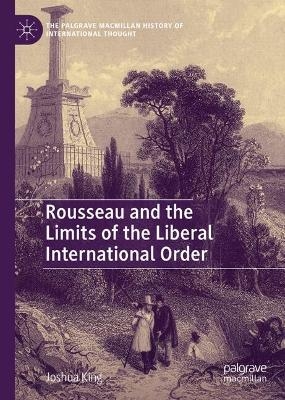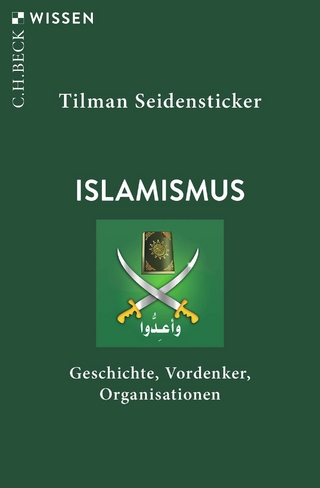
Rousseau and the Limits of the Liberal International Order
Springer International Publishing (Verlag)
978-3-031-69928-3 (ISBN)
- Noch nicht erschienen - erscheint am 10.01.2025
- Versandkostenfrei
- Auch auf Rechnung
- Artikel merken
Jean-Jacques Rousseau's international thought anticipates many of the political dynamics that have arisen through globalization and great power competition. Rousseau and the Limits of the Liberal International Order considers Rousseau as a critic and a reformer of international politics, arguing that Rousseau's account of liberty drives his approach to the international realm.
Rousseau's work provides an incisive critique. He dismantles notions of economic rationalism, rejects the preference for administration over self-governance, and encourages strategies of resistance as a meaningful response to great power rivalry. To address these concerns, Rousseau affirms an approach to international politics that is closely related to his account of political liberty. For Rousseau, liberty develops through one's carefully chosen obligations that encourage self-rule, limit dependence on others, and constrain the irrational motives of politics. To pursue these goals, Rousseau proposes civic education and national institutions that cultivate a sense shared of humanity and limit the use of war. These alternatives moderate the desire for status and establish a form of national interest directed towards contentment and pluralism rather than competition.
Rousseau acknowledges significant limits to these solutions. Citizenship creates substantive divisions among human beings, and the pursuit of national self-sufficiency may leave the state vulnerable to more powerful neighbors. Emphasizing these trade-offs draws attention to competing sources of human obligation and to the unsatisfying ways that international politics attempts to harmonize them.
Joshua King is an Assistant Professor of American Politics and Deputy Director of the Graduate Scholarship Program, United States Military Academy West Point, USA.
Chapter 1: Introduction.- Chapter 2: Emile's Invitation to Study International Politics.- Chapter 3: The Politics of Amour Propre: Constructing the International.- Chapter 4: The Foreign Policy of the Social Contract.- Chapter 5: The Tragedy of Small Power Politics: Rousseau's Considerations on the Government of Poland.- CHAPTER 6: The Limits of International Cooperation.- Conclusion.
| Erscheint lt. Verlag | 10.1.2025 |
|---|---|
| Reihe/Serie | The Palgrave Macmillan History of International Thought |
| Zusatzinfo | XXIII, 192 p. 5 illus., 3 illus. in color. |
| Verlagsort | Cham |
| Sprache | englisch |
| Maße | 148 x 210 mm |
| Themenwelt | Sozialwissenschaften ► Politik / Verwaltung ► Politische Theorie |
| Schlagworte | amour-propre • Confederation • Constructivism • Emile • International cooperation • international pluralism • International Politics • liberal institutionalism • liberal international order • liberation • Nationalism • Rationalism • Realism • Rousseau • Social Contract • Structural Realism |
| ISBN-10 | 3-031-69928-9 / 3031699289 |
| ISBN-13 | 978-3-031-69928-3 / 9783031699283 |
| Zustand | Neuware |
| Haben Sie eine Frage zum Produkt? |
aus dem Bereich


